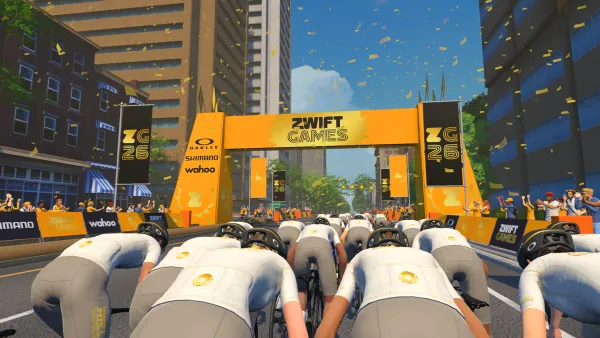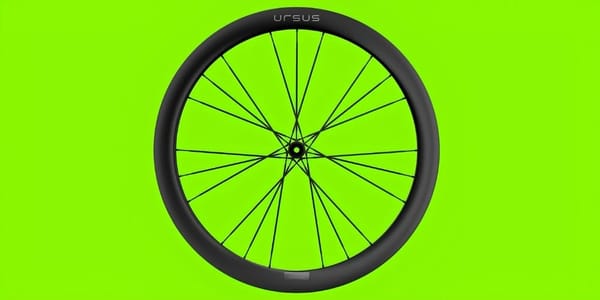Revel Bikes Folds: Anatomy of the Cycling Industry's Deepening Crisis
Explore the closure of Revel Bikes and the perfect storm hitting the cycling industry: post-COVID oversupply, soaring prices, economic woes, and market saturation.

The news hit hard and fast: Revel Bikes, the Colorado-based brand known for its passionate approach and well-regarded mountain bikes, announced on April 17, 2025, that it was closing its doors. In a frank email to its dealers, the company confirmed it had run out of financial runway and was transferring control to its senior lender, initiating an "orderly wind down." This isn't just the story of one company's struggle; it's a stark indicator of the turbulent times facing the entire bicycle industry.
Revel's closure is another domino to fall in a line that has included notable names and retailers like Chain Reaction Cycles (CRC), Wiggle, and Nukeproof, alongside challenges faced by brands like Rocky Mountain, Guerrilla Gravity, and countless local bike shops (LBS). What's happening? The industry is grappling with a potent cocktail of issues, a "perfect storm" brewing for years and now making landfall.
The Post-Pandemic Hangover and Market Realities
The COVID-19 pandemic initially created an unprecedented boom for cycling. Lockdowns and a desire for outdoor activities sent demand soaring. Manufacturers ramped up production aggressively to meet this surge. However, as the world reopened and other activities resumed, that demand curve flattened, and in many cases, reversed. This left the industry grappling with significant overproduction and excess inventory.
Compounding this are challenging economic headwinds. Global inflation has outpaced wage growth for many, squeezing disposable income. Add potential tariffs and ongoing supply chain complexities, and you have a recipe for consumer caution. Bikes, especially high-performance ones, have seen dramatic price inflation over the past decade. A top-spec bike that might have cost $3,000-$4,000 ten years ago can now easily command $6,000, $10,000, or even more. For many potential buyers, spending upwards of $5,000 on a bicycle, especially with pressure to upgrade frequently, is simply becoming untenable in the current economic climate. Consequently, the used bike market, often an outlet for enthusiasts funding new purchases, has softened considerably, further stagnating sales.
Innovation Plateaus and Market Saturation
While the industry constantly promotes new technologies – high pivot suspension designs, integrated cables through stems, electronic everything, increasingly complex suspension kinematics, and niche experiments like inverted forks – some argue that true, game-changing innovation has slowed. Geometric adjustments have become more incremental. From a consumer perspective, the perceived benefit of upgrading year after year may not justify the substantial cost, especially when current bikes are already incredibly capable. This perception can lead riders to hold onto their existing bikes for longer periods, further dampening demand for new models.
Simultaneously, the rise of the direct-to-consumer (DTC) sales model has disrupted traditional retail channels. While offering potential cost savings for consumers, it puts immense pressure on local bike shops, which provide crucial services like assembly, maintenance, and community hubs. Brand saturation also plays a role; the sheer number of brands competing for a shrinking pie makes it harder for any single company, particularly smaller ones without deep financial reserves, to stand out and maintain profitability.
Revel's Specific Struggles
According to their communication with dealers, Revel faced a confluence of these broader issues along with its own specific challenges. The company cited product delays and significant overdue payments coming due against the backdrop of a very soft market as key factors in exhausting its funds. With over $8 million in secured debt, the path forward became impossible, leading to the transfer of control to their lender.
The implications are significant. Warranty support, as previously offered, is ending, though Revel expressed hope of finding a partner to potentially offer future support for bikes already sold. Remaining inventory is set to be liquidated at heavy discounts starting April 18, 2025. While the team holds out hope that a buyer might step in during the wind-down process to revive the brand, they acknowledge the difficult market makes this a challenging prospect.





